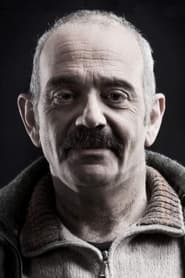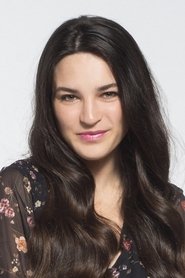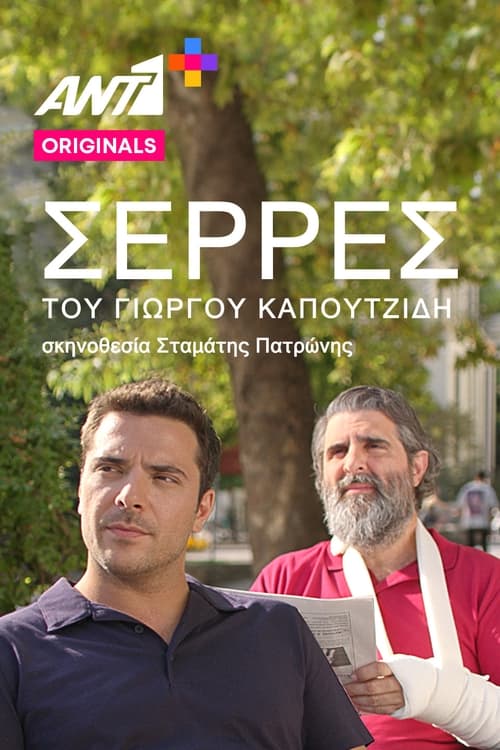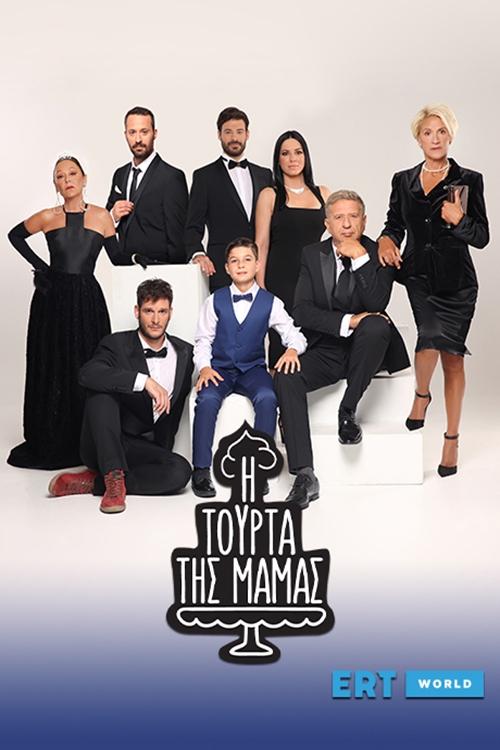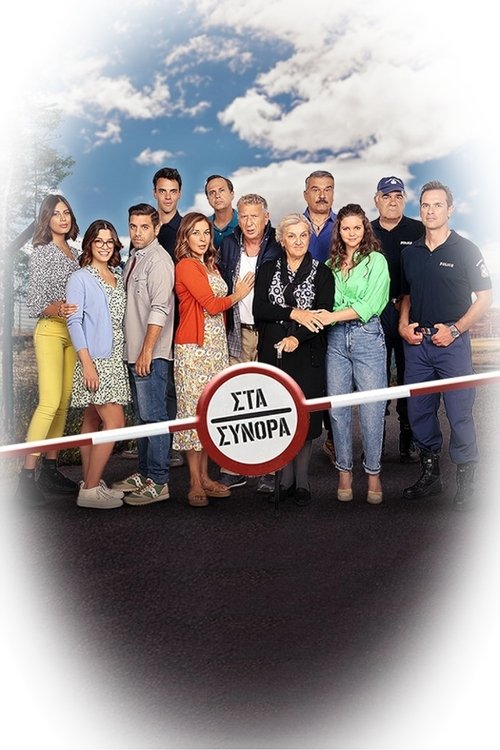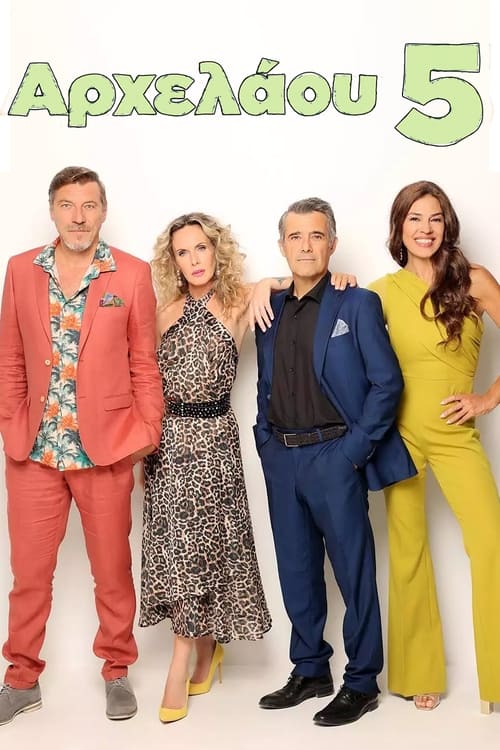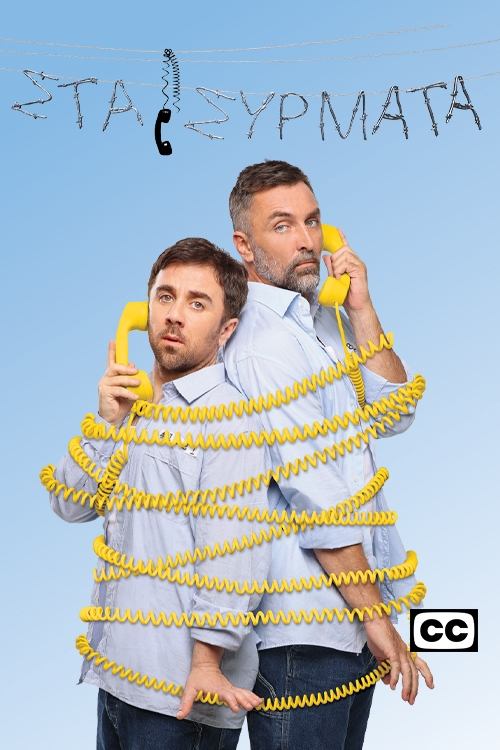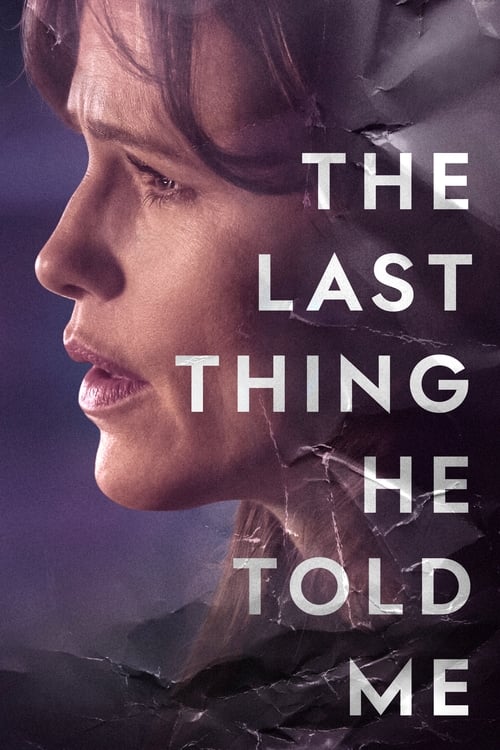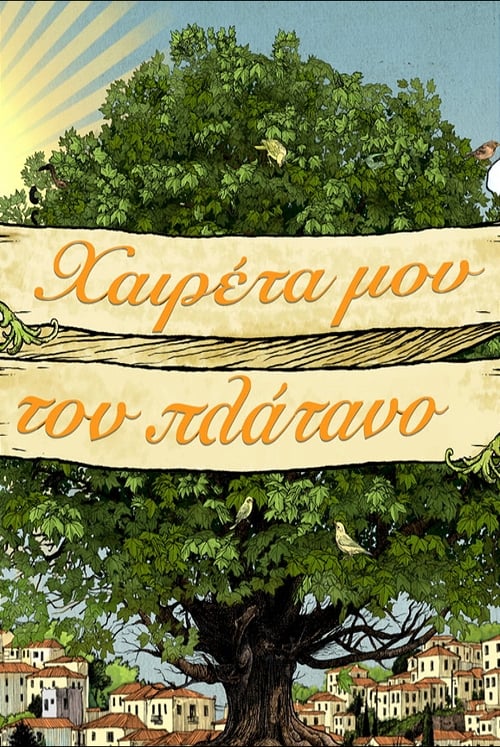
Ask Your Own Question
What is the plot?
In the opening scene of "Episode 6," the camera pans over a bustling cityscape at dawn, capturing the early morning hustle. The protagonist, Mia, is seen jogging through a park, her expression focused yet troubled. As she runs, flashbacks of her past decisions flicker in her mind, particularly her strained relationship with her estranged father, which has been a recurring theme throughout the series. The scene sets a tone of introspection as she grapples with her feelings of regret and longing.
Transitioning to the next scene, Mia arrives at her workplace, a vibrant art gallery. She is greeted by her colleague, Sam, who notices her distracted demeanor. Sam tries to engage her in conversation about an upcoming exhibition, but Mia's mind is elsewhere. She receives a text from her father, which she hesitates to open, revealing her internal conflict about reconnecting with him. The tension builds as she ultimately decides to ignore the message, choosing to focus on her work instead.
Later that day, Mia attends a meeting with the gallery's owner, who expresses concerns about the lack of attendance at their recent events. The owner suggests a bold new direction for the gallery, proposing a collaboration with a controversial artist known for pushing boundaries. Mia is initially resistant, fearing the potential backlash, but she feels the pressure to agree in order to save the gallery's reputation. This decision weighs heavily on her, as she knows it could lead to further complications.
As the episode progresses, Mia's personal life intertwines with her professional challenges. She meets with her best friend, Lila, at a café, where they discuss Mia's father and the emotional turmoil surrounding their relationship. Lila encourages Mia to reach out to him, emphasizing the importance of closure. Mia's frustration boils over as she reveals her fears of rejection and disappointment, showcasing her vulnerability. The scene is filled with emotional depth, highlighting the strong bond between the two friends.
In a pivotal moment, Mia finally decides to confront her father. She arrives at his apartment, her heart racing as she knocks on the door. When he answers, the atmosphere is tense and awkward. They exchange hesitant greetings before Mia expresses her desire to talk. Her father, visibly surprised, invites her in, and they sit in silence for a moment, both unsure of how to bridge the gap that has formed over the years. The conversation begins with small talk but quickly escalates into a heated discussion about their past, revealing deep-seated resentments and misunderstandings.
The confrontation reaches a climax when Mia accuses her father of abandoning her during her childhood. He counters with his own perspective, explaining the struggles he faced and his regrets about their relationship. The emotional exchange is raw and powerful, with both characters shedding tears as they confront their pain. This moment of vulnerability leads to a breakthrough, as they begin to understand each other's perspectives, setting the stage for potential reconciliation.
After the intense family confrontation, Mia returns to the gallery, feeling a mix of relief and uncertainty. She shares the outcome of her meeting with Lila, who is supportive but also cautious about Mia's expectations for the future. The two friends discuss the upcoming exhibition, and Mia expresses her determination to make it a success despite the challenges ahead. This conversation reinforces Mia's resolve to take control of her life, both personally and professionally.
As the episode nears its conclusion, the gallery's opening night arrives. The atmosphere is electric, filled with art enthusiasts and critics. Mia stands nervously at the entrance, watching as guests arrive. The controversial artist she agreed to collaborate with is present, and the tension is palpable. Mia's internal conflict resurfaces as she worries about the potential backlash from the art community. However, she steels herself, reminding herself of the importance of taking risks.
During the exhibition, a heated debate erupts among the guests regarding the artist's work. Some praise its boldness, while others criticize it for being too provocative. Mia navigates the chaos, engaging with guests and defending the artist's vision. Her passion shines through, and she begins to feel a sense of pride in her decision to embrace the collaboration. The episode ends on a cliffhanger as a prominent critic approaches Mia, hinting at a potential review that could either make or break the gallery's future, leaving viewers eager to see how her journey unfolds.
What is the ending?
In the ending of "Remember When," Season 2, Episode 6, the characters confront their past decisions and relationships. The episode culminates in a heartfelt reunion, where unresolved tensions are addressed, leading to a sense of closure for the main characters. Each character finds a path forward, with some choosing to reconcile while others decide to part ways, reflecting on their growth and the lessons learned.
As the episode unfolds, the scene opens in a dimly lit café, where the main characters gather for what seems to be a final meeting. The atmosphere is thick with unspoken words and lingering emotions. Sarah, visibly anxious, fidgets with her coffee cup, her mind racing with thoughts of the past. She glances at her friends, each lost in their own reflections, and feels the weight of their shared history pressing down on her.
Next, the camera shifts to Mark, who sits across from Sarah, his expression a mix of regret and determination. He takes a deep breath, breaking the silence. "We can't keep pretending everything is fine," he says, his voice steady but laced with vulnerability. This moment serves as a catalyst, prompting the others to share their feelings. Emily, sitting beside Mark, nods in agreement, her eyes glistening with unshed tears. She speaks about the pain of their past misunderstandings and how they have shaped her.
As the conversation deepens, the scene transitions to flashbacks of pivotal moments in their relationships, illustrating the conflicts and joys they experienced together. These memories are interspersed with the present dialogue, creating a poignant contrast between their past and the hope for a better future.
The tension reaches its peak when Jake, who has been quiet until now, finally voices his frustrations. "I feel like I've been carrying the weight of our mistakes alone," he admits, his voice cracking. This admission opens the floodgates, and the group begins to share their burdens, revealing the insecurities and fears that have haunted them.
In a powerful moment of vulnerability, Sarah stands up, her voice trembling as she declares, "We need to forgive ourselves and each other." The group falls silent, absorbing her words. One by one, they begin to express their willingness to move forward, acknowledging their flaws and the impact of their choices on one another.
The scene shifts to a montage of the characters embracing, tears flowing freely as they reconcile. The café, once a place of tension, transforms into a sanctuary of healing. As they leave, the camera captures their smiles, a stark contrast to the heaviness that had filled the room earlier.
In the final moments, the characters walk out into the sunlight, symbolizing a new beginning. Sarah and Mark share a lingering glance, hinting at the possibility of rekindling their romance. Emily and Jake, now more open with each other, walk side by side, ready to explore their friendship anew.
The episode concludes with a sense of hope and renewal, as each character steps into their future, carrying the lessons of their past but no longer defined by them. The screen fades to black, leaving the audience with a lingering sense of optimism for what lies ahead for these intertwined lives.
Is there a post-credit scene?
In "Episode 6" of "Remember When," there is indeed a post-credit scene that adds an intriguing layer to the episode's narrative.
As the credits roll, the screen fades to black before transitioning to a dimly lit café, where the atmosphere is cozy yet charged with an underlying tension. The camera pans slowly across the room, revealing a few patrons engaged in quiet conversations. The focus then shifts to a corner table where two familiar characters, Sarah and Mark, sit across from each other.
Sarah, visibly anxious, fidgets with her coffee cup, her eyes darting around the room as if she's expecting someone. Mark, on the other hand, appears calm but his expression is serious, hinting at the weight of their conversation.
"Are you sure we can trust him?" Sarah asks, her voice barely above a whisper, betraying her unease. The camera zooms in on her face, capturing the flicker of doubt in her eyes.
Mark leans in closer, his brow furrowed. "We don't have a choice. If we want to find out the truth, we need to take this risk." His tone is firm, yet there's a hint of vulnerability as he grapples with the implications of their decision.
Just then, the door swings open, and a shadowy figure enters the café. The camera cuts to Sarah's reaction--her breath catches in her throat, and she instinctively grips the edge of the table.
The scene ends with a close-up of the figure, their face obscured by a hood, as they scan the room. The tension hangs thick in the air, leaving viewers with a sense of anticipation and dread about what will unfold next.
This post-credit scene effectively sets the stage for future developments, hinting at deeper conspiracies and the characters' ongoing struggles, while also leaving the audience eager for the next episode.
How does the character Mia cope with the challenges she faces in this episode?
Mia struggles with the pressure of her upcoming art exhibition, feeling overwhelmed and doubting her talent. Throughout the episode, she seeks solace in her friendships, particularly with Alex, who encourages her to embrace her creativity. Her emotional journey is depicted through her late-night painting sessions, where she battles self-doubt and ultimately finds clarity and inspiration.
What significant event occurs in Episode 6 that impacts the main character's relationships?
In Episode 6, a pivotal confrontation takes place between the main character, Alex, and his estranged father, which forces Alex to confront his feelings of abandonment and resentment. This emotional showdown not only reveals deep-seated family issues but also leads to a moment of vulnerability that reshapes Alex's relationship with his friends, who witness the fallout.
What role does the subplot involving the community center play in Episode 6?
The subplot involving the community center highlights the theme of community support and personal growth. In this episode, the center faces potential closure due to funding issues, prompting the characters to rally together to save it. This subplot serves as a backdrop for character development, showcasing how each character's personal struggles are intertwined with their commitment to the community.
How does the character Jake's decision affect the group dynamic in this episode?
Jake makes a controversial decision to pursue a job opportunity that requires him to move away, which creates tension within the group. His choice leads to feelings of betrayal among his friends, particularly with Mia, who feels abandoned at a critical moment in her life. This decision forces the group to confront their fears of change and the fragility of their friendships.
What emotional revelation does Alex experience during his confrontation with his father?
During the confrontation with his father, Alex experiences a profound emotional revelation about forgiveness and the weight of his past. As he expresses his hurt and anger, he realizes that holding onto these feelings has been hindering his personal growth. This moment of clarity not only alters his perspective on his father but also influences how he approaches his relationships moving forward.
Is this family friendly?
In "Episode 6" of "Remember When," there are a few elements that may be considered potentially objectionable or upsetting for children or sensitive viewers.
-
Emotional Conflict: The episode features intense emotional scenes where characters confront their past mistakes and face difficult truths, which may be heavy for younger audiences.
-
Family Tension: There are moments of conflict between family members that could be distressing, as they navigate misunderstandings and hurt feelings.
-
Themes of Loss: The episode touches on themes of loss and regret, which may evoke sadness or discomfort in viewers, particularly those who have experienced similar situations.
-
Mature Discussions: Some conversations delve into adult themes, including relationships and personal struggles, which may not be suitable for younger viewers.
These elements contribute to a more mature narrative that may require parental guidance for younger audiences.









